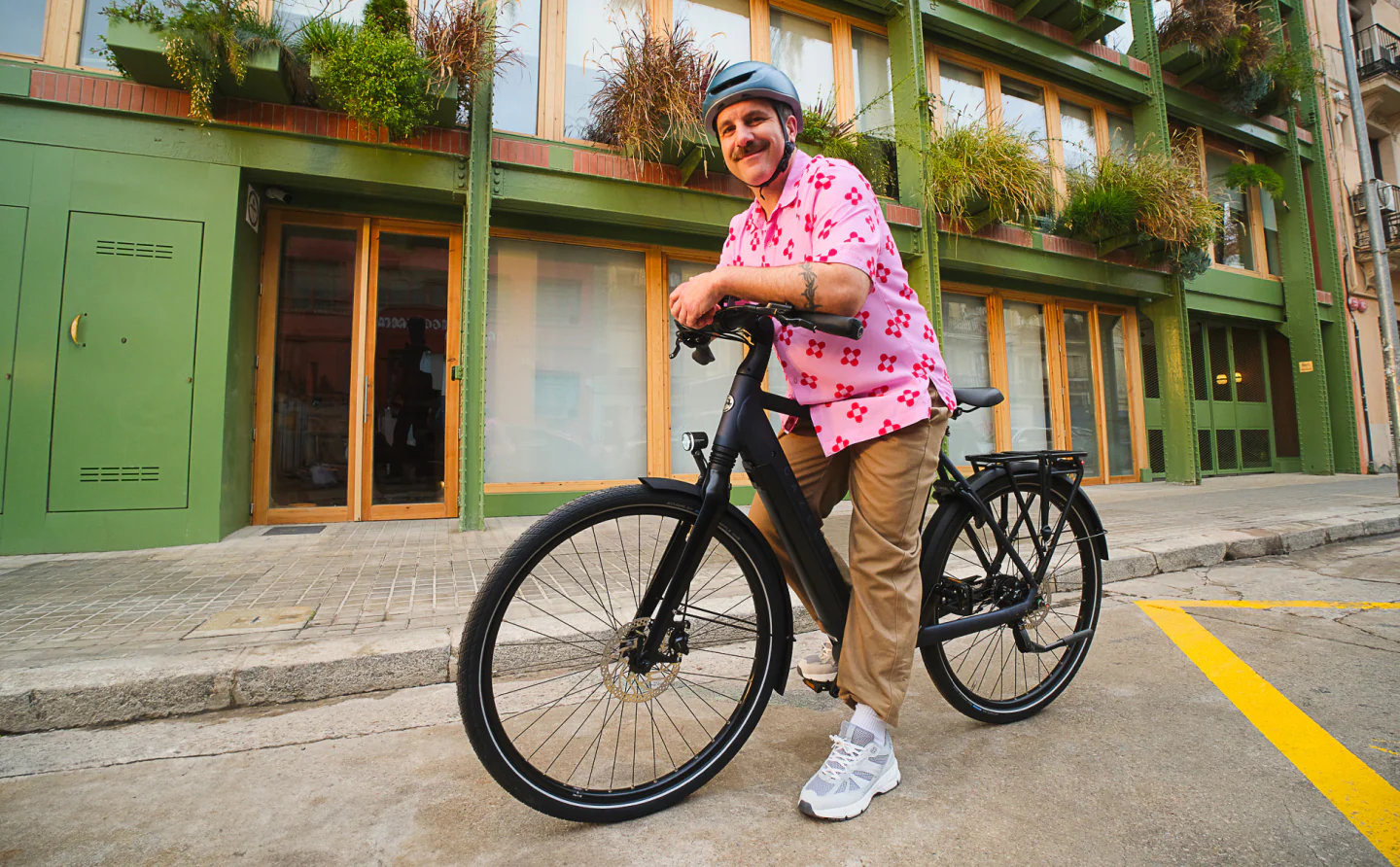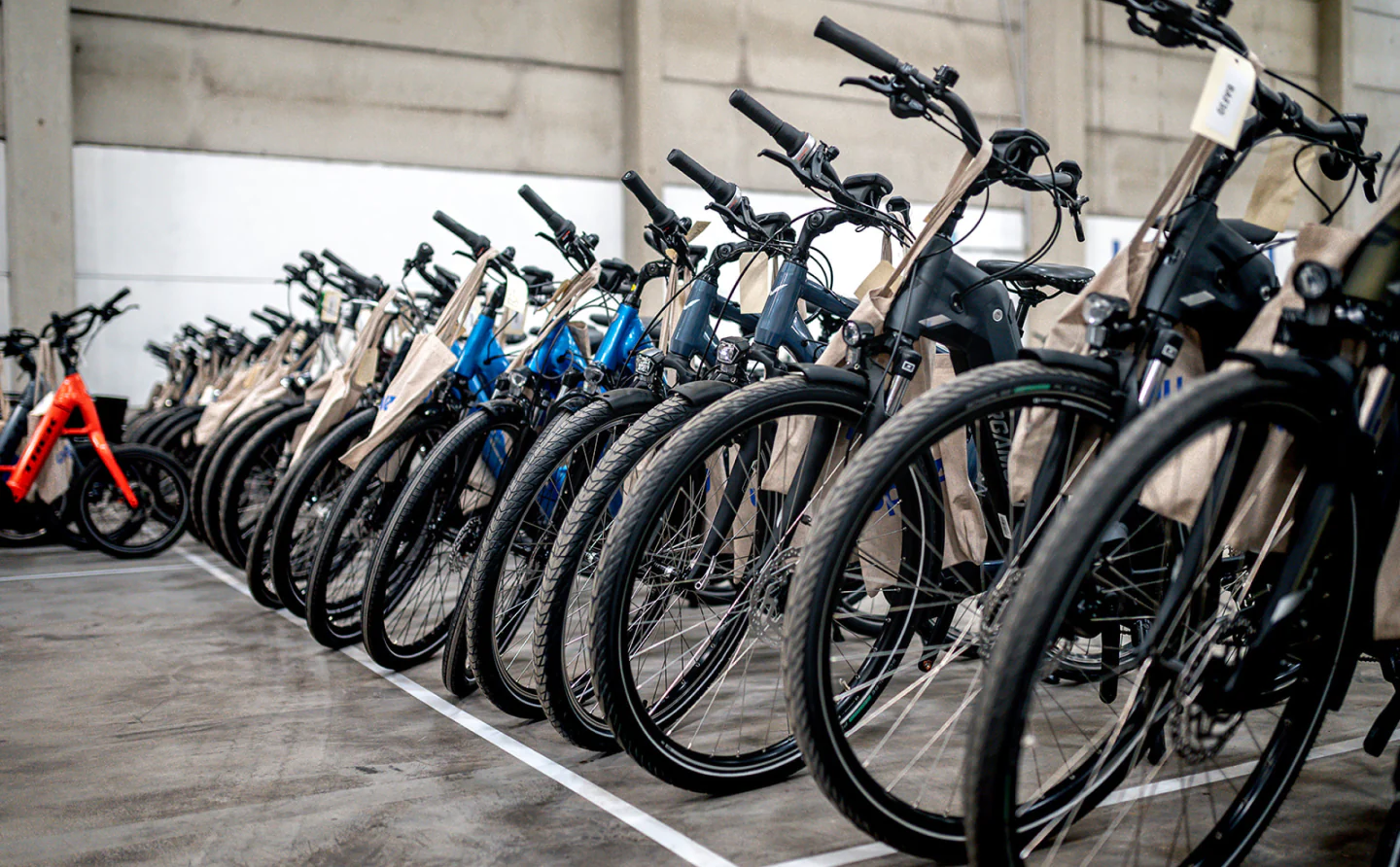Toyota plans to transition almost all its North American vehicle offerings to hybrids.
The redesigns will happen as new models are released, "if not sooner," Reuters reported, noting the maker of the groundbreaking Prius could be the first car company to discontinue all gas-only automobiles.
Japan-based Toyota has already shifted its popular Camry, which was the best-selling sedan in the United States last year, from being powered by gasoline alone. The Land Cruiser and Sienna are also available only as hybrids, all per the outlet.
The company is the No. 2 brand in the U.S. behind General Motors, but it is not big on fully electric vehicles. It's not the only one, either.
Part of the reason for Toyota's move is its skyrocketing success with hybrids, which made up 9% of its sales in 2018 but 37% as of June, Reuters noted. That figure will exceed 50% in 2025.
Toyota's transformation, according to Reuters, could continue with the 2026 RAV4, the top SUV in America.
Watch now: Tide director reveals how the company convinced millions to change laundry habits
"Going forward, we plan to evaluate, car line by car line, whether going all-hybrid makes sense," David Christ, Toyota Motor North America head of sales and marketing, told Reuters.
This jibes with Toyota Chairman Akio Toyoda's vision. In January, he said EVs would make up just 30% of all vehicles in the world at their peak, the outlet reported. They would share the road with hybrids, hydrogen fuel-cell vehicles, those powered by green fuels, and other types that come along in the future.
"EV growth is going to continue, but it's not going to hit the big pace we saw in the last few years," Cox senior analyst Stephanie Valdez Streaty told Reuters. "Regular gas-electric hybrids and plug-ins will continue to eat into EV sales in the meantime because they are easier and more familiar alternatives and there's no range anxiety."
A stalled transition from vehicles powered by internal combustion engines, however, will only prolong the climate crisis, as NPR detailed last year. That's because polluting gases — the big issue with the transportation sector — remain in the atmosphere for even thousands of years, trapping heat and contributing to rising global temperatures that cause more frequent and intense extreme weather events.
TCD Picks » Upway Spotlight

Still, hybrids are no doubt better for the planet than gas-guzzlers. And they're more popular than EVs. Toyota already has eight hybrid-only options among 31 in its lineup; eight others are gas-only, Reuters said. Globally, it will make 30% of its vehicles EVs by 2030.
Its next step is to produce cars with hybrid frames and use smaller engines that "could one day run on biofuels or low-carbon synthetic gasoline," Reuters wrote. That format could debut in the U.S. with a plug-in hybrid Corolla in 2027.
Join our free newsletter for good news and useful tips, and don't miss this cool list of easy ways to help yourself while helping the planet.














